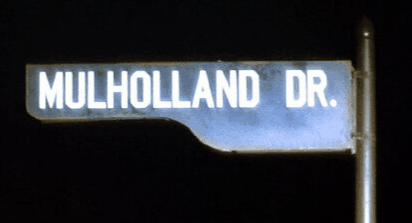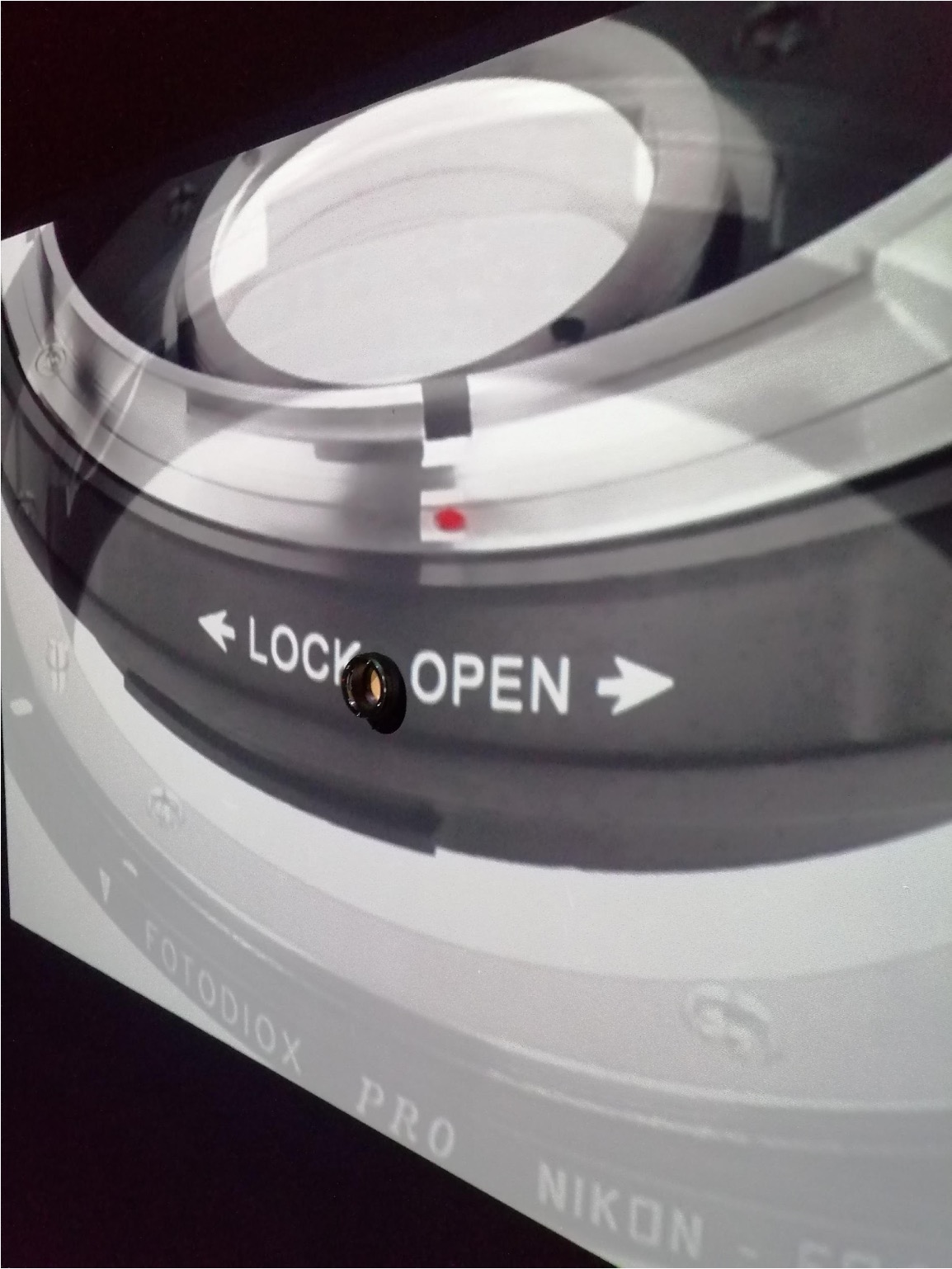The Foundation Course in Art and Design: Past, Present and Future: Collective Imagining Symposium to be held virtually as part of FutureLab in Shanghai on Friday 3rd December 2021.
The event will be hosted by the current steering committee of INFE (International Foundation Network) and hosted virtually by the British Higher School of Art and Design. https://britishdesign.ru/en/about/events/227189/#
Manifesto + Emerging Pedagogies
Friday 3rd December 2021 10:00am CET on ZOOM (link to follow)
Neil Mulholland
In the Open: Opening Access to Artistic Learning
The open practices I outline in this pecha kucha draw on my work as founder of Shift/Work since 2010 and the scholarship of teaching and learning (SoTL) that emerges from this in my book Re-imagining the Art School: Paragogy and Artistic Learning (London: Palgrave, 2009). https://link.springer.com/book/10.1007/978-3-030-20629-1
—-
This pecha kucha will present a new international model for foundational art education rooted in peer-to-peer perspectives (paragogy) augmented by open edutech. It will draw on examples of learning experiments produced by prosumers (based in Scotland, Canada and China) working within our open educational resource over 2020-21.
Intentional art education today takes diverse organisational forms: traversing small artist-led initiatives, international biennials, art academies and artistic practices. Artistic learning is porous and ubiquitous: it is lifewide: discovered through a wide variety of formal and informal arts contexts. It follows that foundational studies in art are not restricted to art academies, nor are the sole preserve of recent school leavers.
Until the pandemic pivot, there have been few virtual communities of foundational artistic learners. We can no longer assume that foundational art education will be a distinctly ‘live’, embodied experience.
How might art education catalyse the post-Covid recovery by engaging with emerging educational practices such as the open paradigm (Winn 2015), paragogy (Corneli 2011, 2016) and para-academia (Wardrop 2014)?
To partly address these questions, I will reflect on an open course I have co-created in 2020-21 in with my colleagues Jake Watts, Emma Balkind and Beth Dynowski.
Contemporary Art & Open Learning is an open educational resource (OER https://blogs.ed.ac.uk/macat/contemporary-art-open-learning-course-handbook-semester-1) that enables colleagues and art students to open access to artistic learning by peer-producing, codifying and sharing their own learning practices. In Edinburgh College of Art, it functions as a 10 ECTS ‘foundation course’ for taught postgraduate students transitioning into art practice from cognate disciplines. However, the OER is available to anyone to use however they see fit (within the terms of its Creative Commons Attribution-ShareAlike 4.0 International license.)
The OER practises a range of peer-based theories of learning and knowledge production to extend open access beyond the communal Third Places (Oldenburg 1999) frequently produced by artists. In particular, it experiments with ‘paragogics’, learning principles that offer a flexible framework for peer learning adaptable to any given context.
Embracing the Open Paradigm’s vision of education as a human right might better equip formal art education organisations – such as art schools, workshops and galleries – to fulfil UNESCO’s right to participate in cultural life. However, we must also remember that cultural life is fermented formally and informally. Working together, foundational OERs and people can catalyse the recovery by forming symbiotic colonies of artistic learning and, thus, new artworlds.
Video preview of pecha kucha:

Featured image Confraternity of Neoflagellants Let us know about anything wrong, or anything you don’t like about this review, and you could win a $50 Amazon voucher! (2015-Present) Media: A/V projection, Fotodiox tele annulus 180mm f5.5, reviews of Fotodiox tele annulus 180mm f5.5 posted on www.amazon.ca, temporality variable.
Further Reading/References:
Boshears, Paul F. ‘Open Access Publishing as a Para-Academic Proposition: OA as Labour Relation’, tripleC: Journal for a Global Sustainable Information Society, Vol 11 No 2 (2013)
The Cape Town Open Education Declaration. (2007). https://www.capetowndeclaration.org/read-the-declaration
Peter Booth and Arjo Klamer, Chapter 2: The Valorisation of Art: What Artists Are up Against in BUCKLEY, B., & CONOMOS, J. (2017). Who runs the artworld: money, power and ethics.
Collier, A., & Ross, J. (2017). For whom, and for what? Not-yetness and thinking beyond open content. Open Praxis, vol. 9 issue 1, January–March 2017, pp. 7–16 (ISSN 2304-070X) https://doi.org/10.5944/openpraxis.9.1.406
Corneli, J. and C. J. Danoff (2011). “Synergising Individual Organisational Learning.” Wikiversity.
Hamington, M. (2017). Empathy and care ethics. In H. Maibom (Ed.) The Routledge Handbook of Philosophy of Empathy. Taylor & Francis Group.
Jhangiani, R. (2019, April 11). 5Rs for Open Pedagogy. Rajiv Jhangiani, Ph.D.
Oldenburg, R. (1999). The Great Good Place: Cafés, Coffee Shops, Bookstores, Bars, Hair Salons, and other Hangouts At The Heart of a Community. New York, Da Capo Press.
Paskevicius, M. and Irvine, V., 2019. Open Education and Learning Design: Open Pedagogy in Praxis. Journal of Interactive Media in Education, 2019(1), p.10. DOI: http://doi.org/10.5334/jime.512
SCHOLZ, T., & SCHNEIDER, N. (Eds.). (2016). Ours to Hack and to Own: The Rise of Platform Cooperativism, A New Vision for the Future of Work and a Fairer Internet. OR Books. https://doi.org/10.2307/j.ctv62hfq7
Wardrop, A. W., Deborah (eds). (2014). The Para-Academic Handbook: A Toolkit For Making-Learning-Creating-Acting. Bristol, England, HammerOn Press.
Winn, J. (2015). “Open Education and the Emancipation of Academic Labour.” Learning, Media and Technology 40(3): 385-404.



